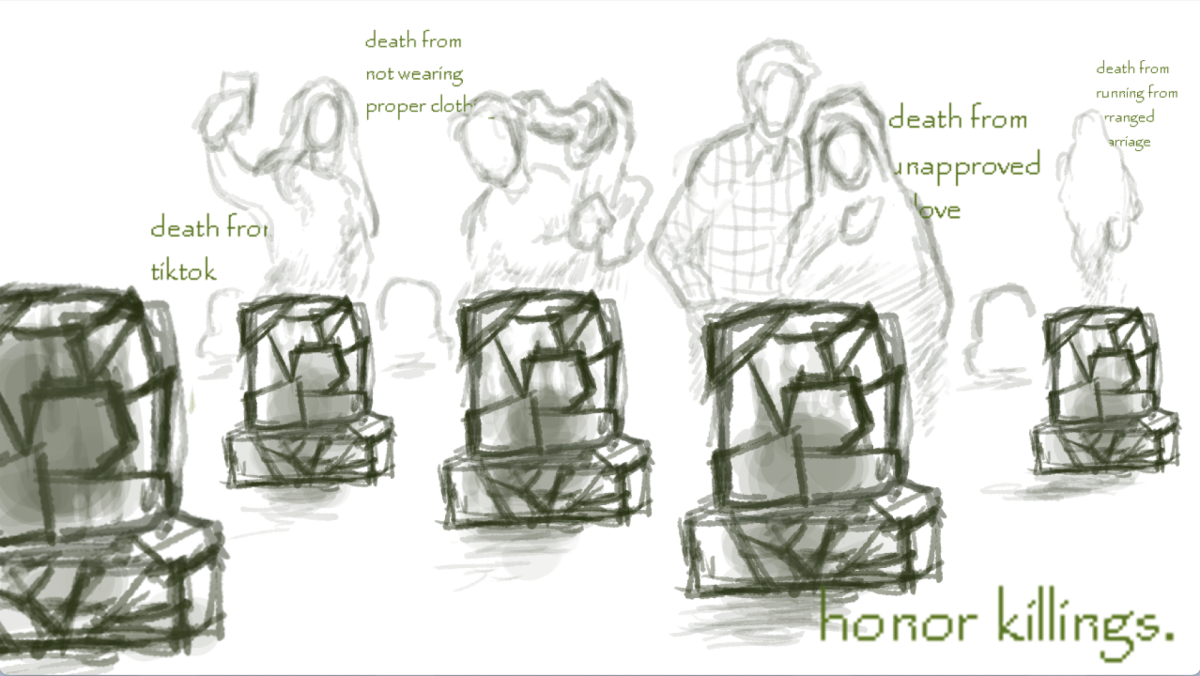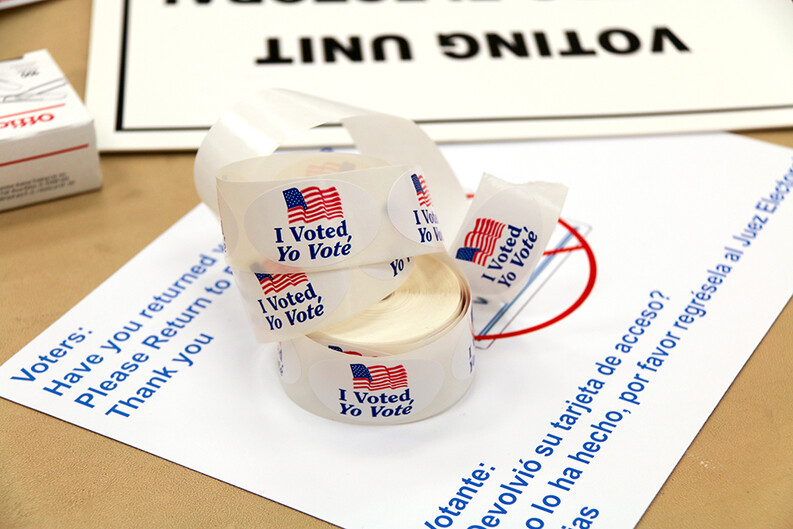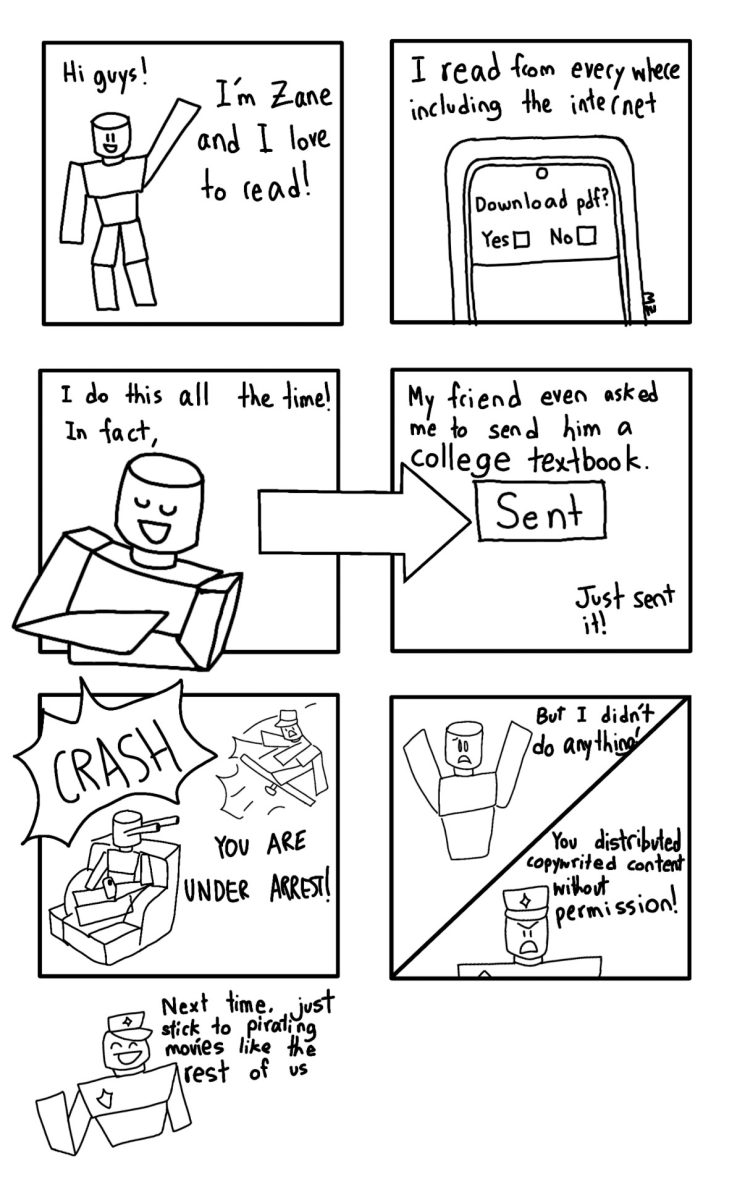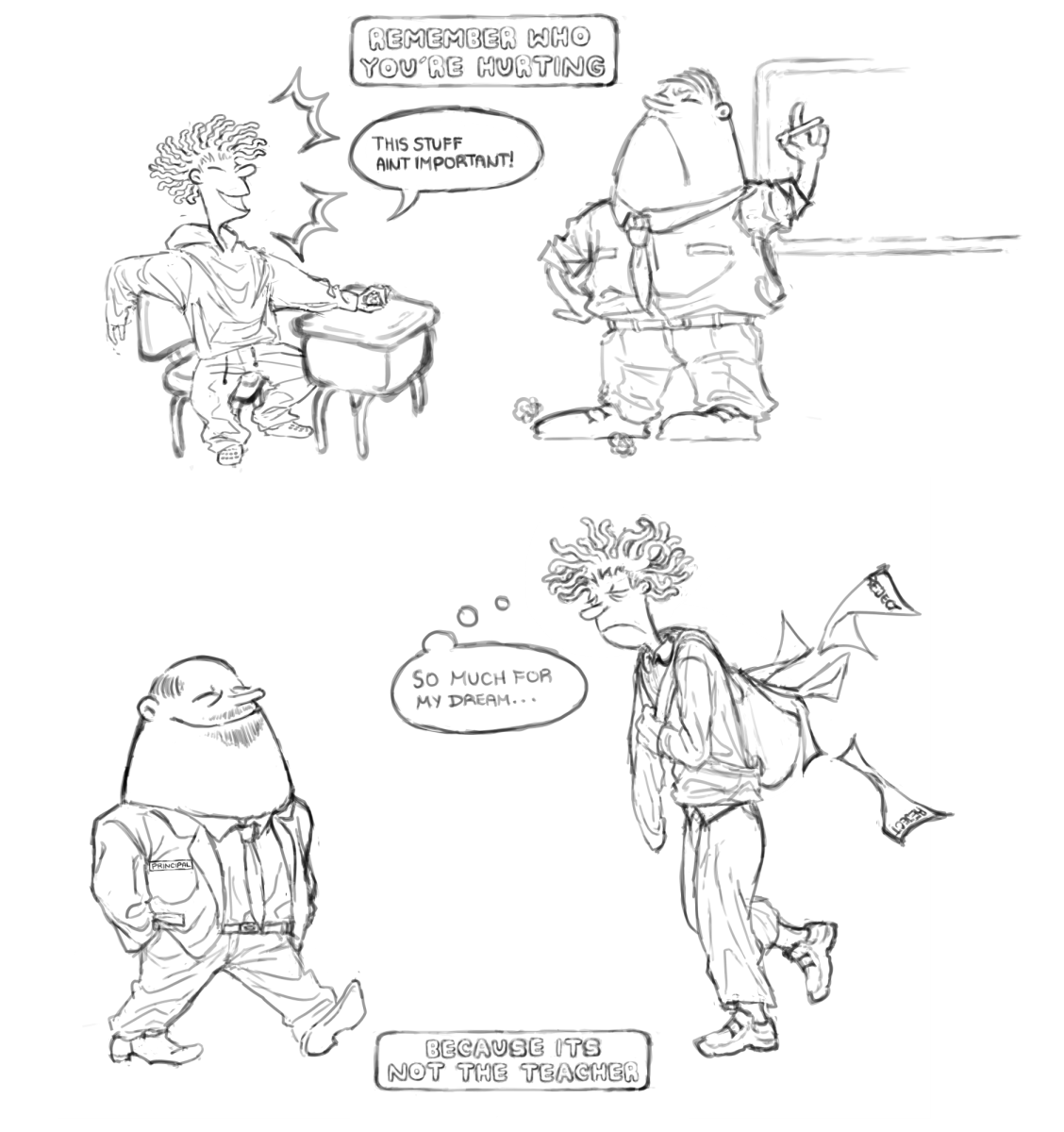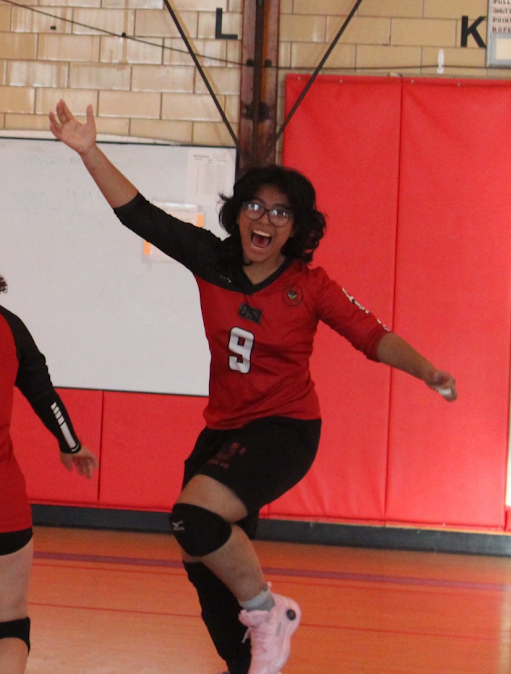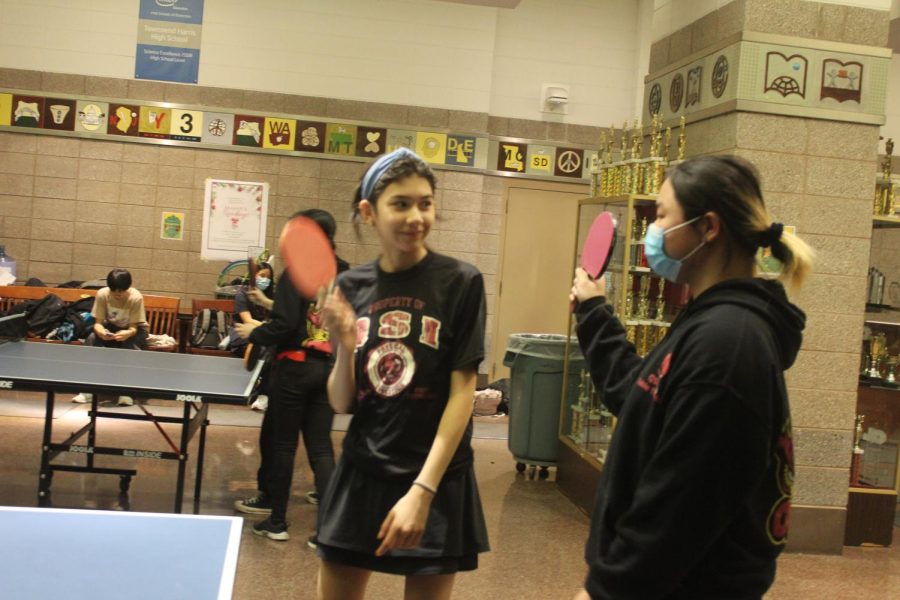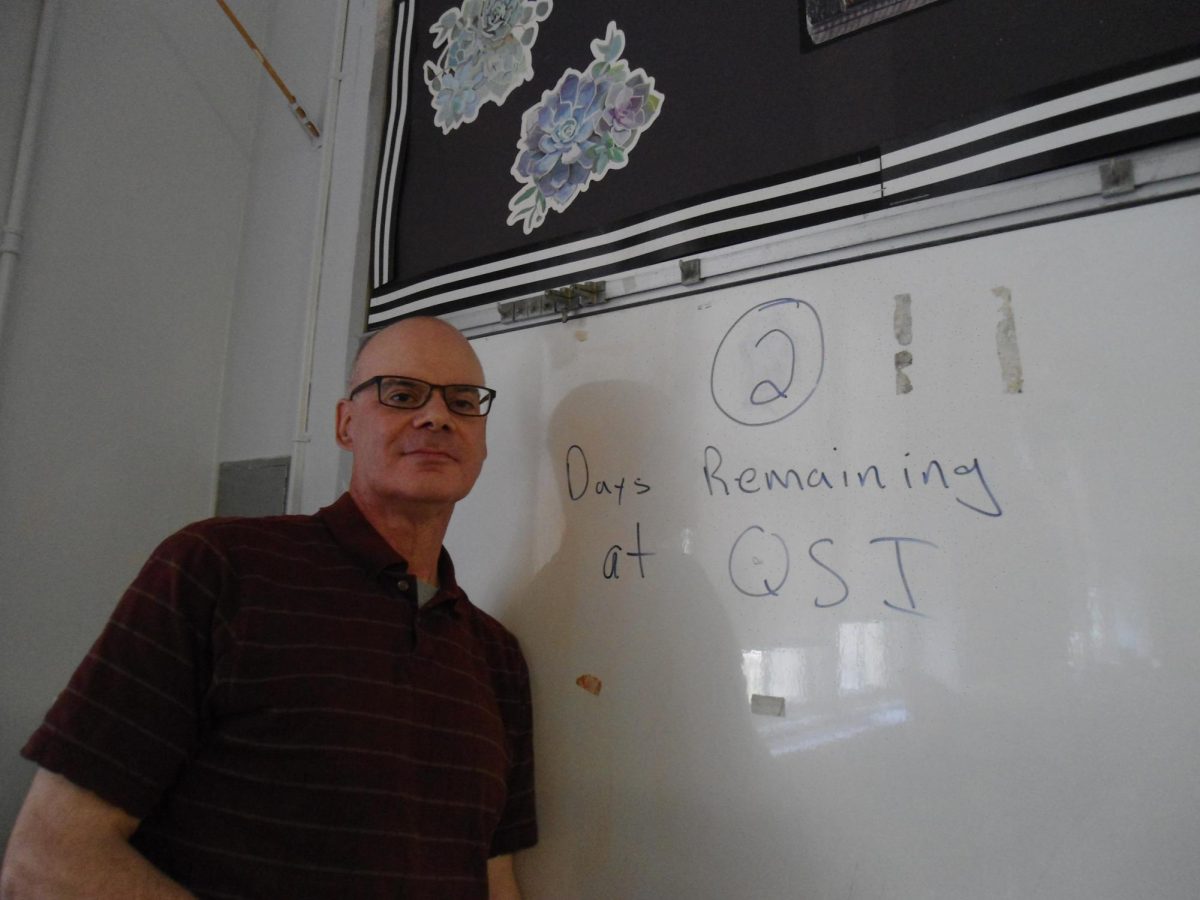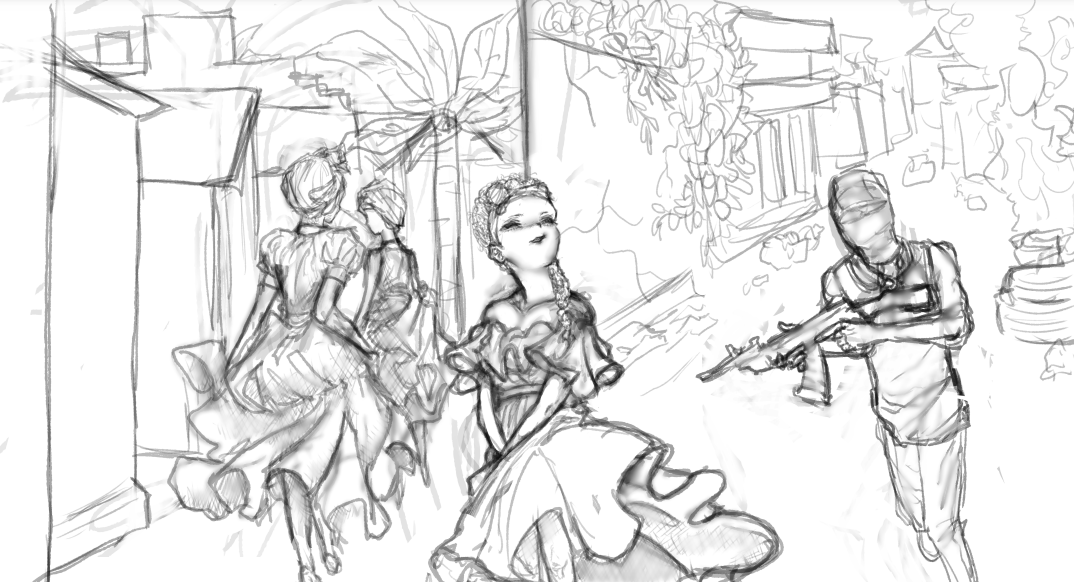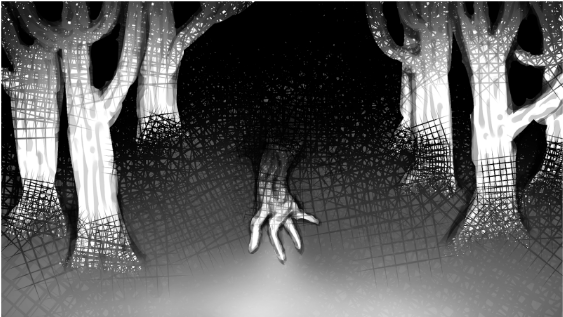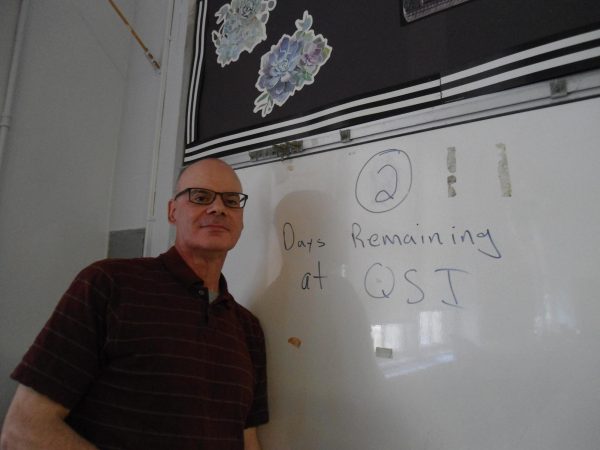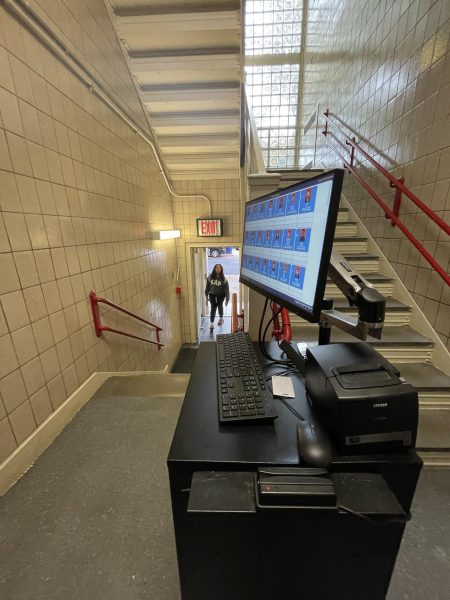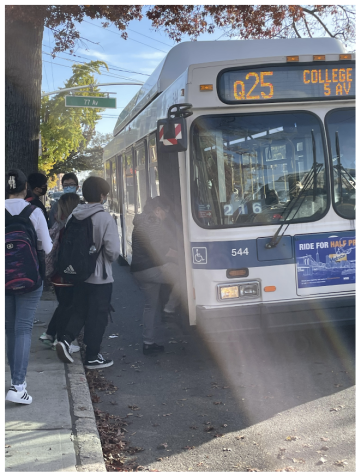Students hesitant about new grading system

Teacher Nicole Francipane beside the Algebra II scales.
November 23, 2022
With the start of the 2022-2023 school year, a change to the school’s grading system arose. The mastery based grading system was put into place, leaving behind standards based learning.
“Mastery based learning really takes into account how each person learns and approaches a problem and thinks,” said Principal Meredith Inbal. “It gives each student an opportunity to master a skill, a concept, a course in their own way at their own time.”
The scales are based on 5 KUDs (Know, Understand, Do) that encompass traits that every student should have by the time they graduate. They are: communication, creativity, collaboration, problem solving and inquiry. The scales break down the KUDs for each course. According to Inbal, mastering the scales will help students after they graduate.
“That problem solving scale, you’re going to see that in multiple places because that’s a skill that you’re going to take in whatever career path you take,” Inbal said.
“I like it much better than what we used to do,” math teacher Nicole Francipane said. “It’s more broad and gives us the flexibility, especially in math, to access the scale throughout the year.”
Although administration and staff are happy with the new grading system, the scales have not yet been fully embraced by the student body.
Sophomores Farabi Shahin and Myra Attique believe that 1-4 standards were clearer and easier to understand.“I don’t really like the scales because I feel like it’s more complicated this year,” said Shahin. “I don’t understand the collaboration or creativity.”
Sophomore Vivi Chen, agreed. “I think they are way more complicated and sophisticated for no reason,” Chen said. “I get that the standards are for us to improve and be a guide, but we don’t really pay much attention to it because it’s so long.”
Some students believe a hybrid approach to grading might be best and that each student should be graded based on their preference. Junior Rachel Akinade thinks that students should get to choose whether they want to be graded the way it’s currently done or on a 100-point scale.
But Inbal believes that the scales will lead to better learning and life outcomes. She expects students will have more insightful questions, further investigate and improve academically.
“It’s all about how do I solve, how do I think? How can I be creative?” Inbal said.
